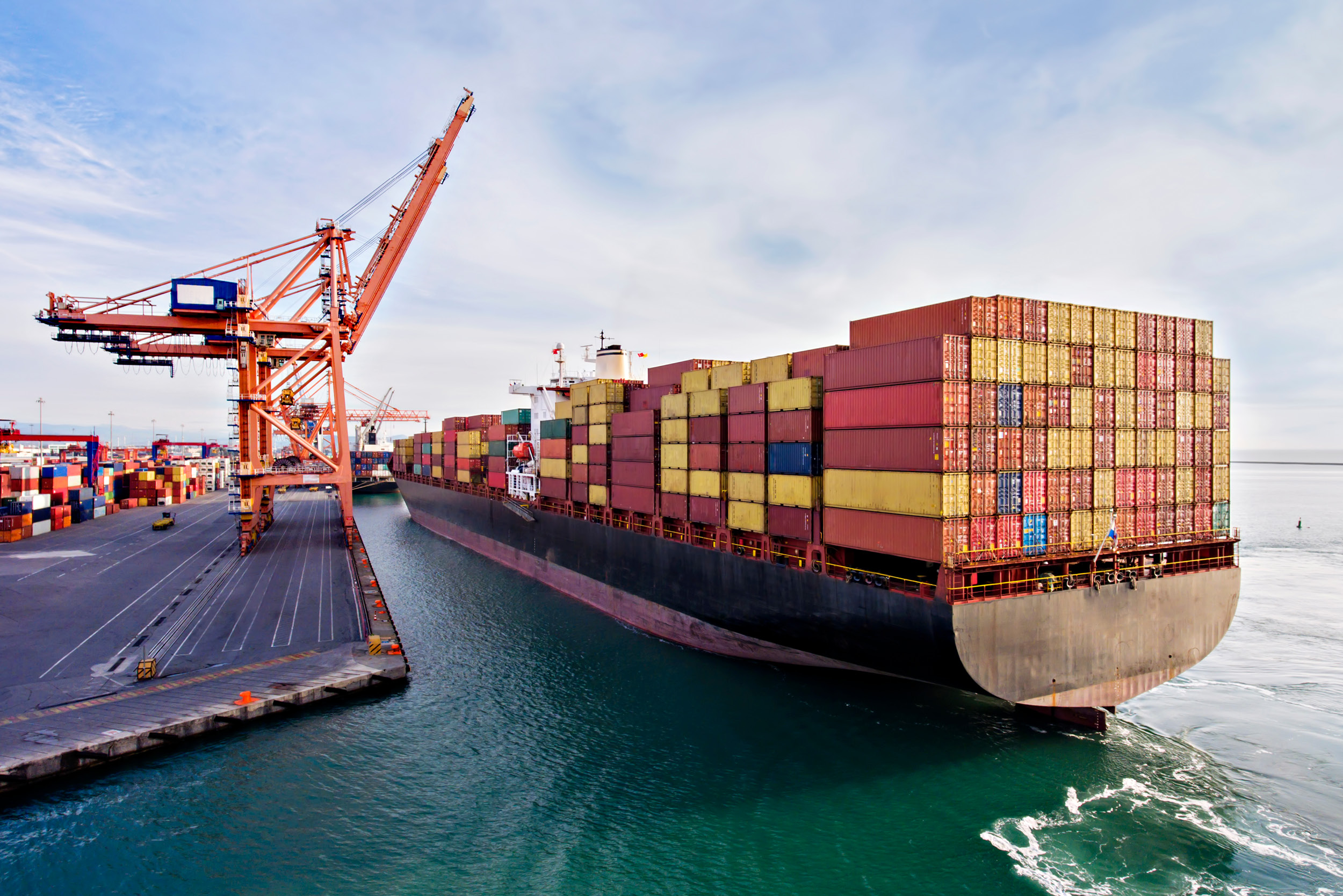Competitive Shipping: Global container shipping comes under regulators’ watchful eye
The big news this week on the container shipping front is the introduction of the bipartisan Ocean Shipping Reform Act of 2021, which aims to beef up the authority and oversight actions of the U.S. Federal Maritime Commission (FMC) with the intent to fix persistent problems in global container shipping that are harming U.S. exporters and importers.
Some steps are already underway:
FMC launches investigation into pricing practices of eight ocean carriers
While rates for export shipments from SSGA exporters have gone up 30-50% and more over recent months, the rates ocean carriers are charging U.S. importers of high-value products from Asia have risen to record levels. Moreover, importers complain that, while container bookings are often not available for the head haul to the U.S., the carriers are offering various surcharges and premium rates for more guaranteed service that are far above skyrocketing spot rates.
In response to complaints, the FMC last week announced it is launching an expedited investigation into the pricing practices of eight global container carriers: CMA CGM, Hapag-Lloyd, HMM, Matson, MSC, OOCL, SM Line, and Zim. Each carrier was identified as having recently implemented or announced congestion or related surcharges. FMC will examine the timing and legal sufficiency of the charges in light of rate filing requirements. More detailed coverage is available here.
Major importer files complaint to FMC alleging collusion by ocean carriers
Another new development worth watching is an action taken last week by a major U.S. home goods importing company from Pennsylvania, MCS Industries. MCS filled a formal complaint to FMC alleging that Cosco Shipping and Mediterranean Shipping Company (MSC) were colluding in ways that violate service contracts for regular service to capitalize on current record Trans-Pacific container spot rates.
MCS accused the two ocean carriers, which actually operate in two different alliances, of working in “parallel and seemingly coordinated fashion” to not honor their service contracts at rates and volumes agreed upon, only to sell the space “to the highest bidder.” Go here for more details reported by the Journal of Commerce (JOC).
Carrier MSC, in response, said it was “shocked” by the allegations and denied the charges made in the complaint, which was published by the FMC on August 3. Go here for more details of MSC’s response.
Formal complaints to the FMC are rare to nonexistent, because it’s been widely reported that shippers fear retaliation in some form. The World Shipping Council representing ocean carriers and MSC, in this case, deny that retaliation by carriers occurs. The complaint and FMC findings bear watching in terms of acceptance by international regulatory bodies of consolidation among the largest ocean carriers, who now see the 10 largest global carriers operating in just three major vessel sharing alliances.
South Korea backslide?
Meanwhile in South Korea, some lawmakers want to take steps to turn back regulations there barring collusion. The legislators reportedly want to amend the nation’s Monopoly Regulation and Fair Trade Act to exempt the shipping industry from jurisdiction by the Korea Fair Trade Commission (KFTC) as part of the effort to turn back some heavy fines leveled by the agency. KFTC imposed fines totaling $613 million on 23 ocean shipping lines. A dozen South Korean companies were fined, including ocean container lines HMM and SM Line, plus 11 foreign carriers. Go here for more detailed coverage.
Steamship line profits keep on rolling ahead
While service, reliability and congestion issues continue to plague the container shipping industry, ocean carriers continue to enjoy record profits. According to news reports out last week, Maersk, the largest ocean carrier, boosted its profit forecast for the year of 2021 by a whopping $5 billion. Go here for details.
Ocean Network Express (ONE), the big consolidated ocean container line made up of three previously independent Japanese major carriers, announced, despite congestion in the system, it cleared in excess of $2.5 billion in its first quarter fiscal year that ended June 30. Go here for details.
Compiled by Bruce Abbe, SSGA Strategic Adviser for Trade and Transportation







Leave a Reply
Want to join the discussion?Feel free to contribute!